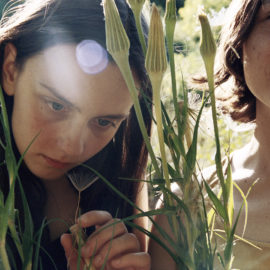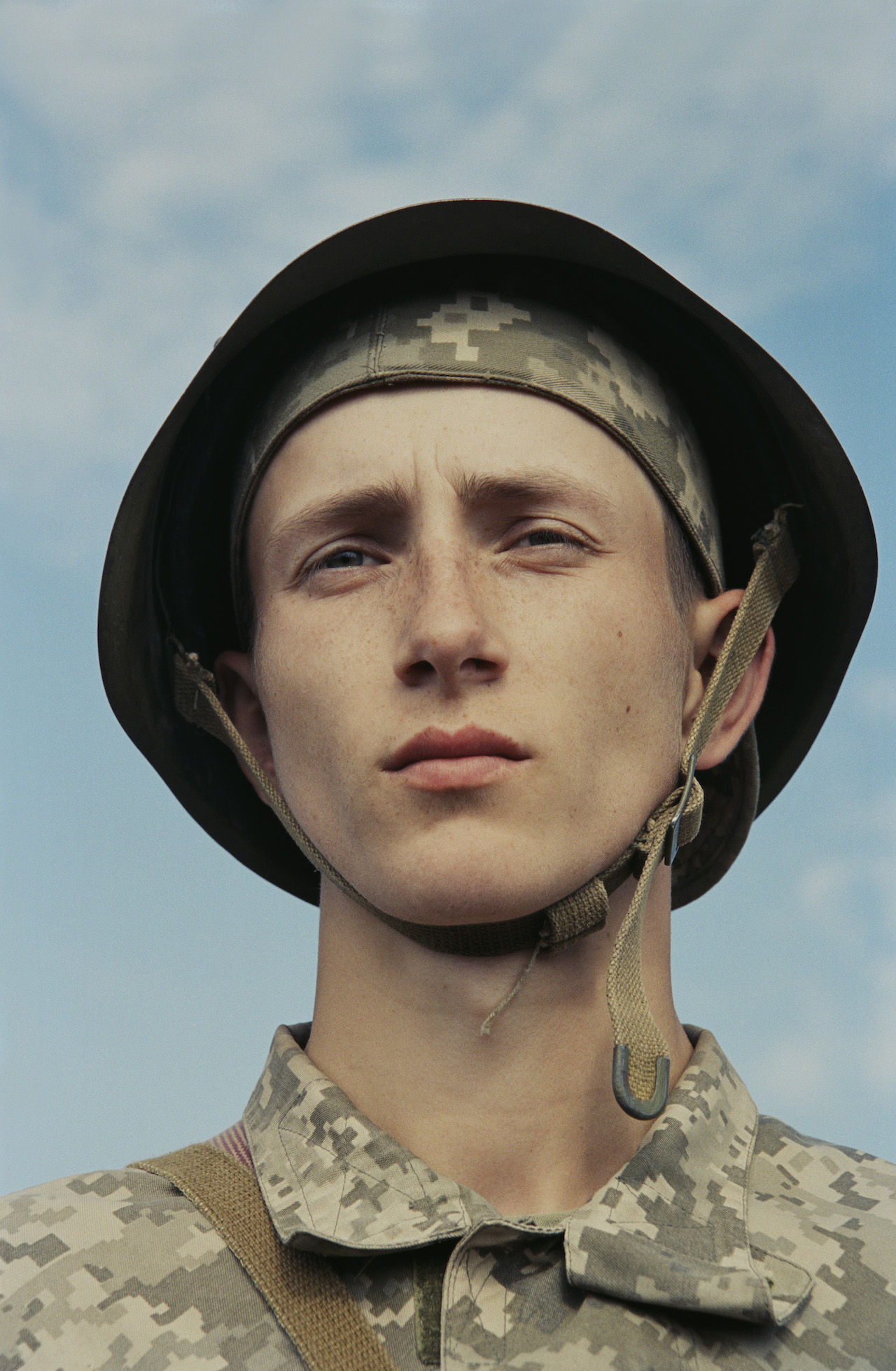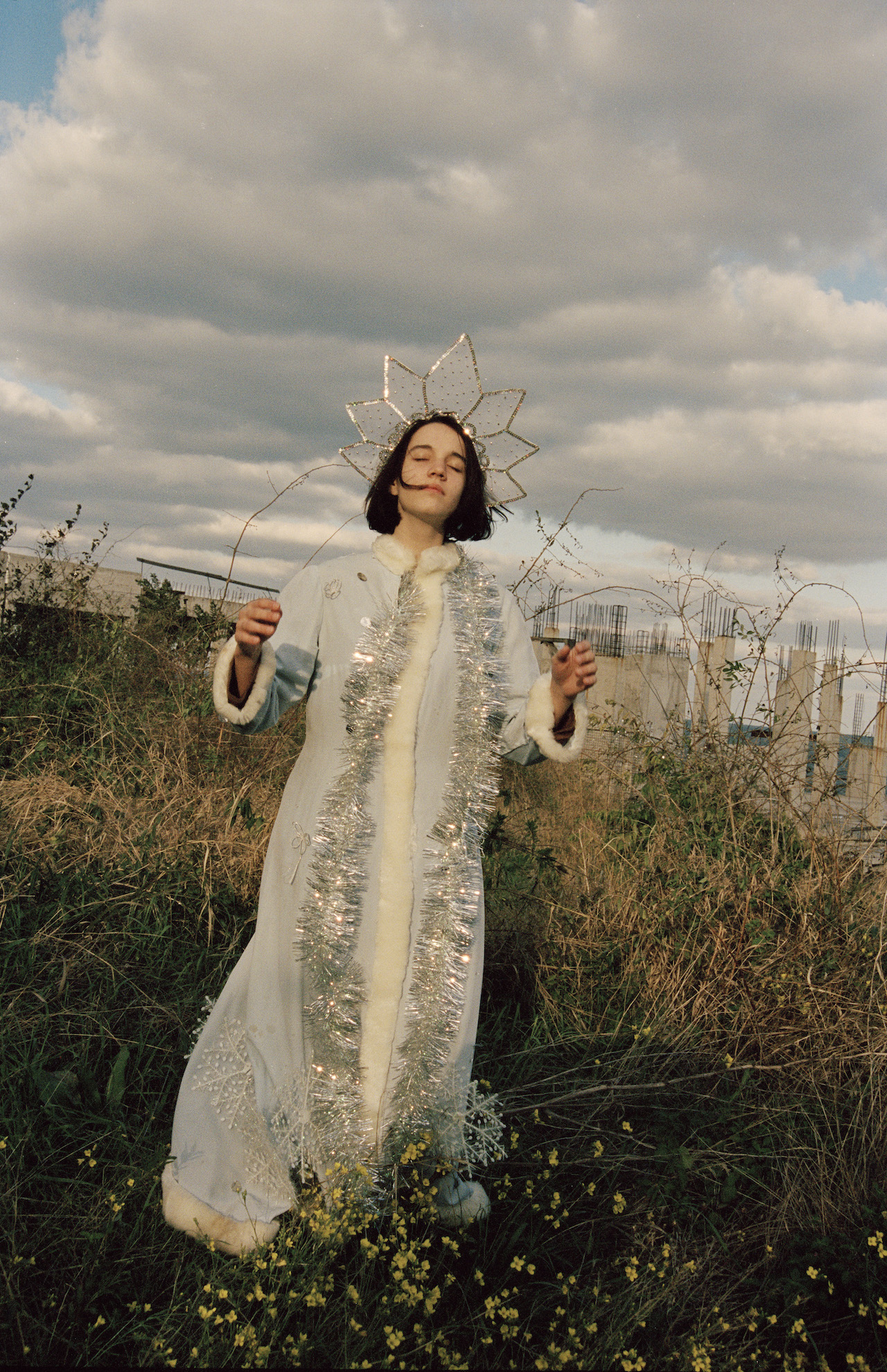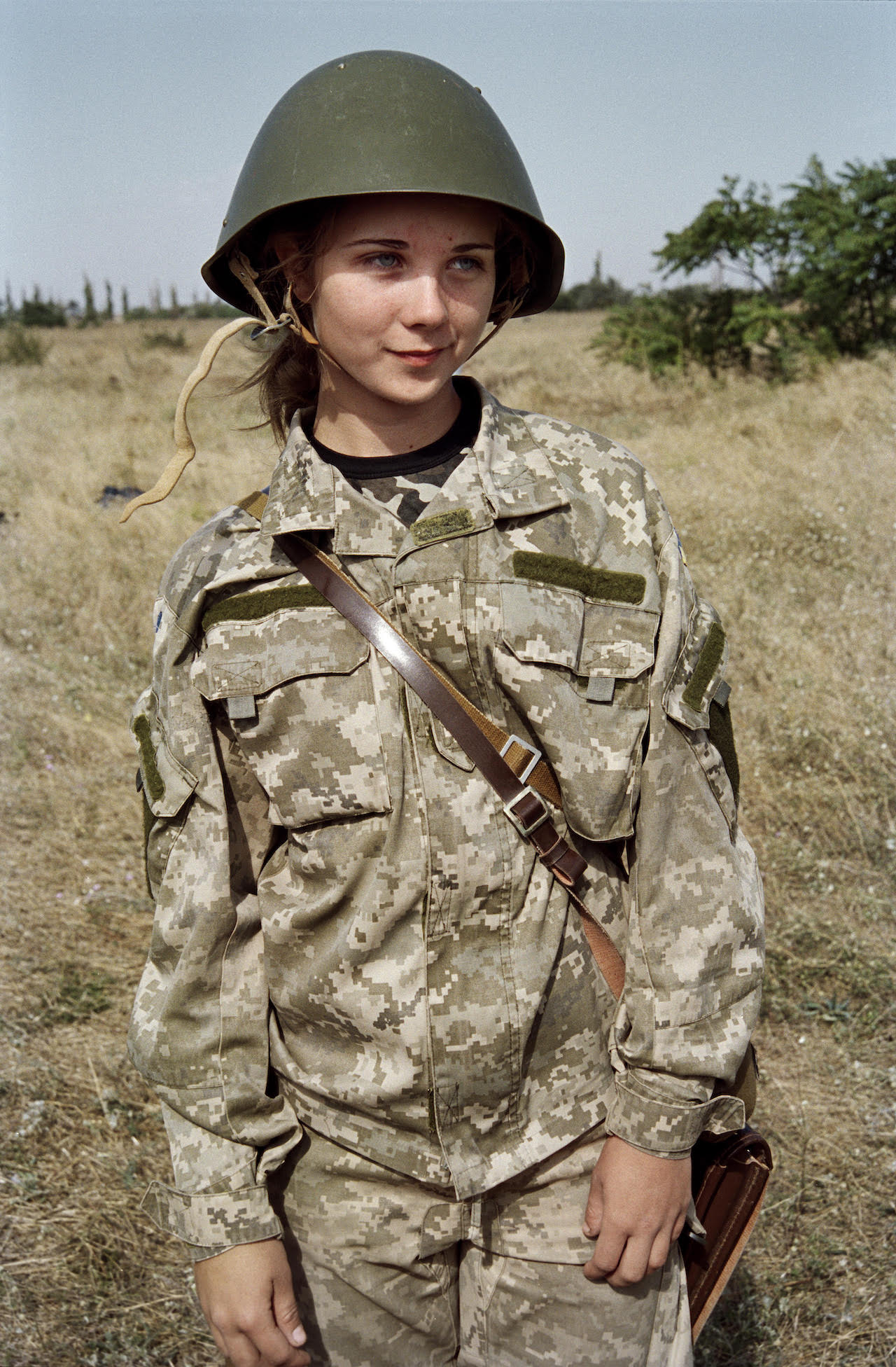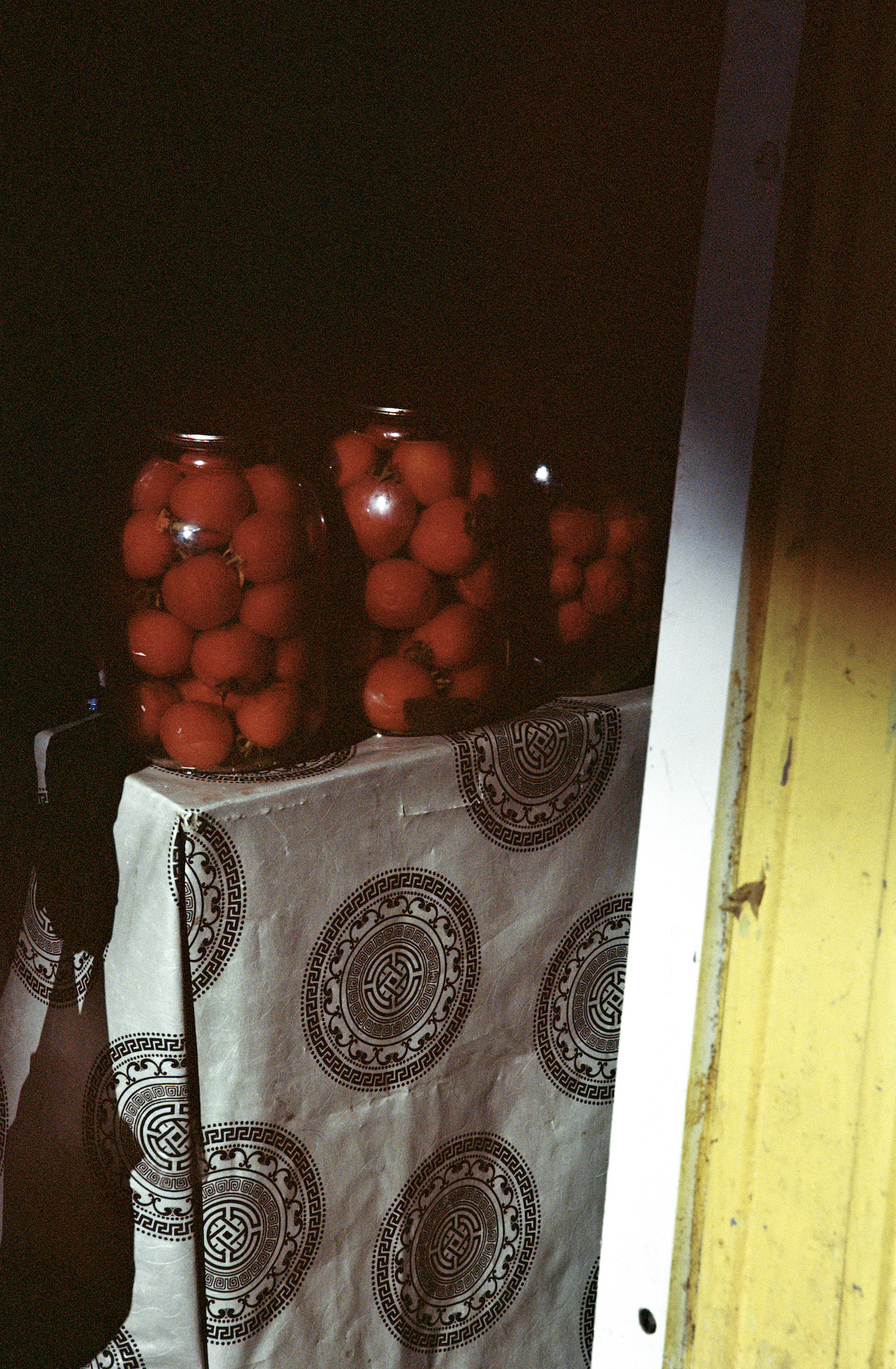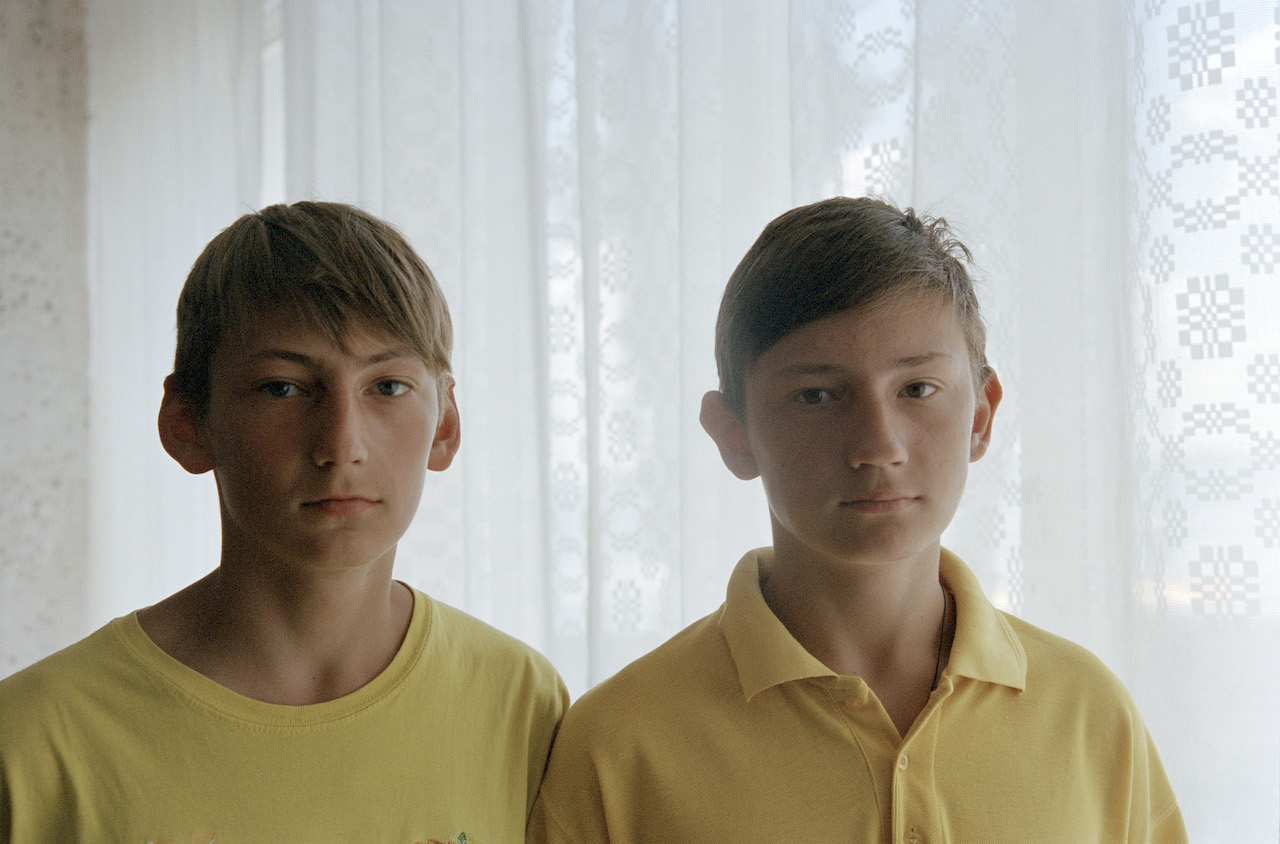Yelena Yemchuk’s Odesa: A floating dreamland
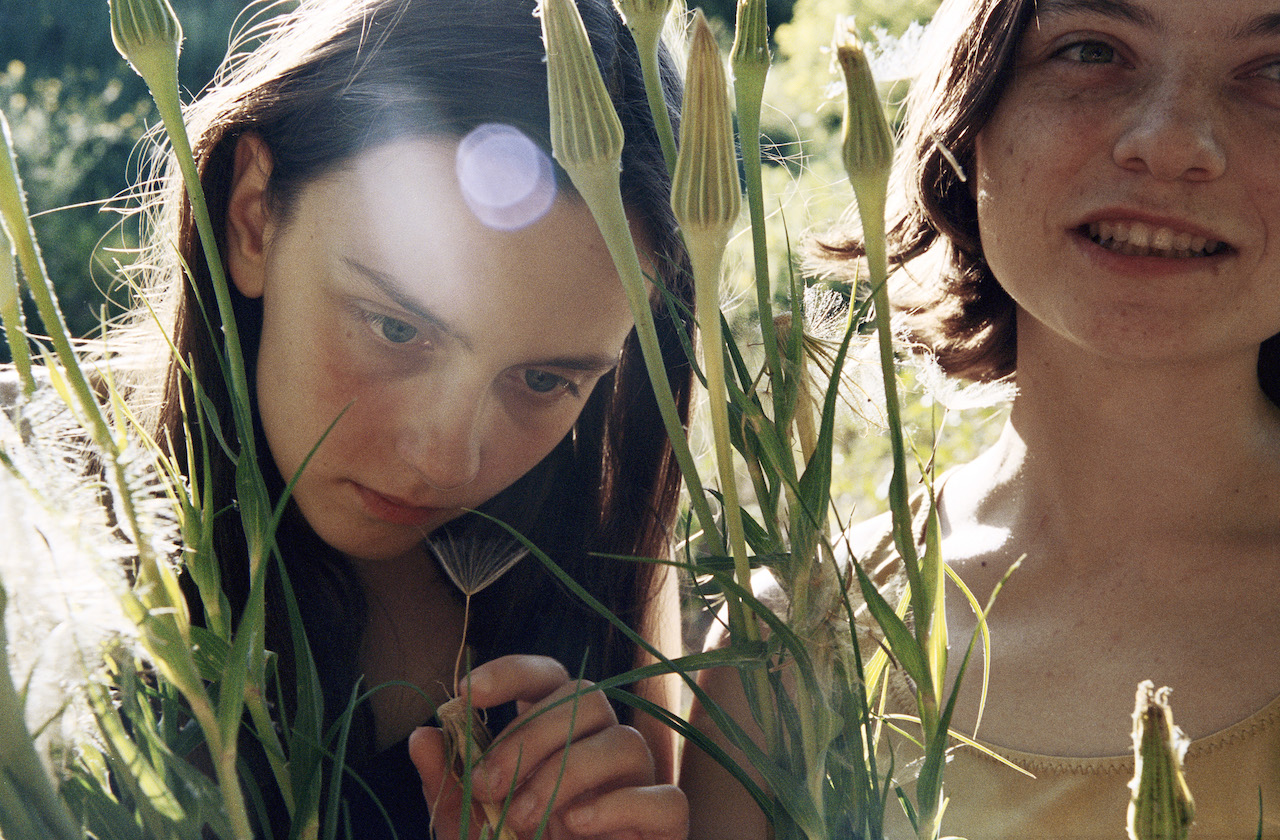
Following the Russian invasion of Crimea in 2014, Yemchuk spent five years travelling to Odesa to document young people volunteering to join the army. Her upcoming photobook is a reminder of the love and lives of the young Ukrainian people now faced with war
“People have said that in my work, I tend to romanticise my country,” says Yelena Yemchuk. “When you look at the photographs that I take in Ukraine… everything has a little halo of beauty around it. Even if it’s just a dirty jacket lying on the ground with a cigarette stubbed out on it.”
Yemchuk was born and raised in the Ukrainian capital Kyiv, which at the time of writing is facing the full force of Vladimir Putin’s hostile army. The photographer is no stranger to the collateral damage of dictatorships. At the age of 11, during the later years of Leonid Brezhnev’s 18-year rule of the Soviet Union, Yemchuk’s parents emigrated to the United States, leaving behind everything and everyone they knew.
After graduating from the ArtCenter College of Design in Pasadena, California, Yemchuk began translating her relationship with Ukraine to photography, a process that became more focused during her frequent trips back. Yemchuk first visited Odesa in 2003, and immediately felt a connection with the city and its inhabitants. “That was when I found my language,” she says. “We were on the beach and I had three or four rolls of film in my pocket. Five minutes later, I was running back to get the rest of my film. It was like one of those amazing dreams where everywhere you look there’s a photograph, everywhere you look there’s something going on, something magical happening.”
Ten years would pass before Yemchuk visited again, in 2013. “It felt like Odesa [was] its own floating dreamland… I needed to capture it right there and then,” she says. “I didn’t know what I wanted to shoot, I was just shooting and hanging out and experiencing the city.”
Then, in 2014, Russia launched its first invasion of Ukraine. “I told my husband, ‘I have to go to Ukraine’,” says Yemchuk. “I needed to tell the story of this city… I needed to capture this as it is going on. It was an emotional response.”
For Ukrainian people, 2014 marked the start of the current conflict, when Russian-backed separatists took up arms in the Donbas region of the country, along Ukraine’s eastern border with Russia. This followed months of Euromaidan protests in Kyiv against the pro-Russia rule of then-president, Viktor Yanukovych, whose use of deadly force against protesters quickly escalated the conflict.
By March 2014, Putin had ordered the annexation of Crimea – a peninsula of Ukraine – and hundreds of civilians around the country were killed in clashes between supporters of both sides. In Odesa, a city with complicated historical ties to Russia and Ukraine, such confrontations left 48 people dead. In the aftermath, the Odesa Military Academy began welcoming young recruits.
Between 2015 and 2019, Yemchuk made repeated trips there, documenting the 16 and 17-year-olds and their daily lives. “I heard from friends that young people were volunteering to join the army,” she says. “It’s almost like they knew that [the 2022 invasion] was going to happen… they felt they were being invaded, that they needed to protect themselves.”
“Now, when I look at it, of course, I’m like, ‘Where the hell is this guy right now?’, ‘Where is this girl?’ And my heart is breaking for where they could be”
Yelena Yemchuk
The resulting book, Odesa, is published by Gost this spring. “I wanted to document the faces of these children going off to fight, but I quickly felt like the faces needed more context. So I began to shoot everything,” Yemchuk writes in it.
Her images have an ethereal quality, underpinned by a sense of curiosity and wonder. The subjects are often found in nature or culture: religious processions, dense vegetation, bright light; their faces claustrophobically cocooned, inquisitive, brooding and hopeful. “I fell in love with it: with the city, the smell in the air, the people, their lives, their ability to love everything and everyone. I fell in love with Odesa like you would with a person,” she explains.
The book was designed before Russian troops invaded Ukraine in February 2022. “Now, when I look at it, of course, I’m like, ‘Where the hell is this guy right now?’, ‘Where is this girl?’ And my heart is breaking for where they could be,” says Yemchuk.
When asked if this has changed the way she perceives the photos, she is adamant: “I don’t think I want to go back and change anything because, for me, this book still stands as it stands. [It captures] the people of Odesa. And I want to show them the way I saw them there and then… because [the war] doesn’t change who they are.”
Odesa by Yelena Yemchuk will be published by GOST BOOKS in May 2022.
Paul Stafford
Paul Stafford is a travel journalist and photographer based in Birmingham but often found anywhere that is not at all like Birmingham. He writes for BBC Travel, Euronews, Rough Guides and many others. He also makes and releases music as one half of the rock duo First Frontier.

